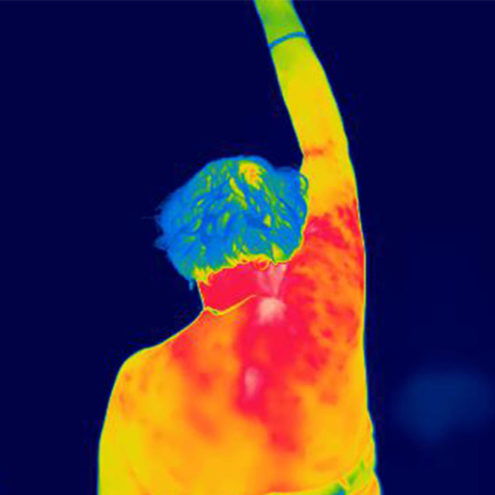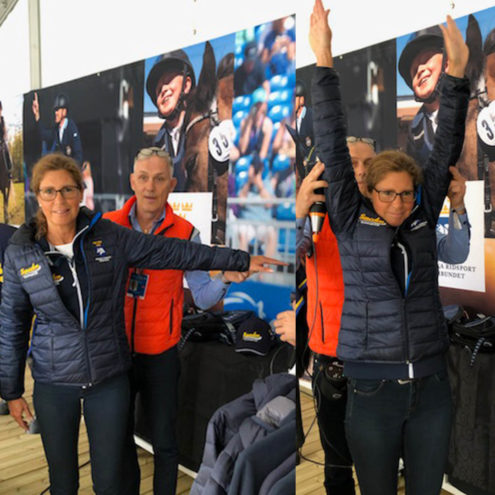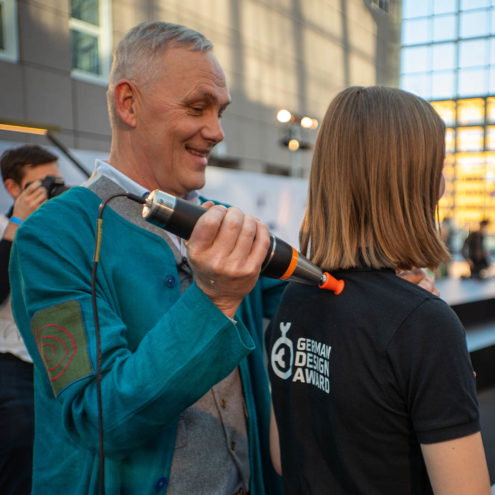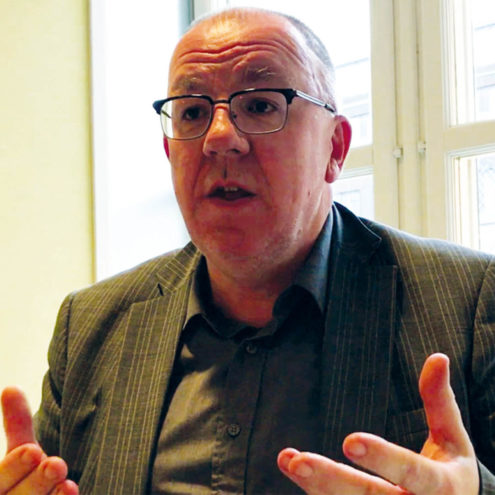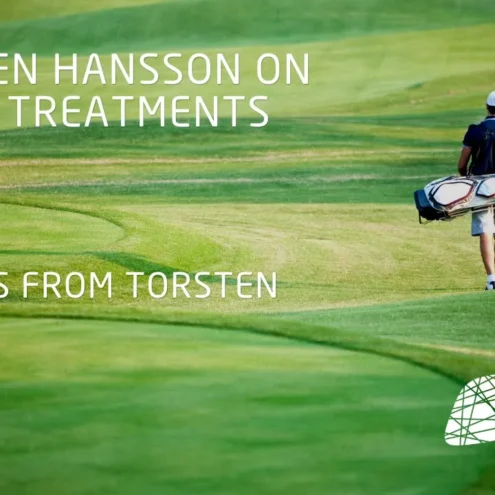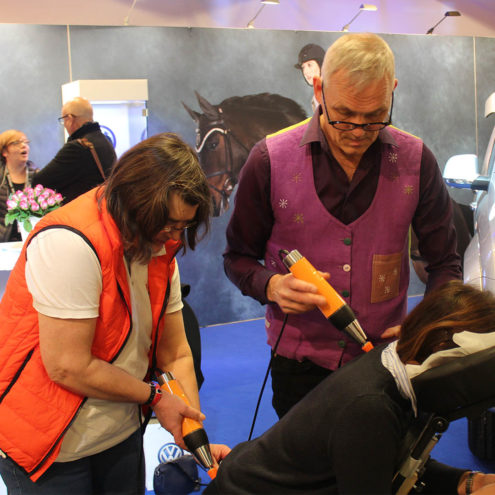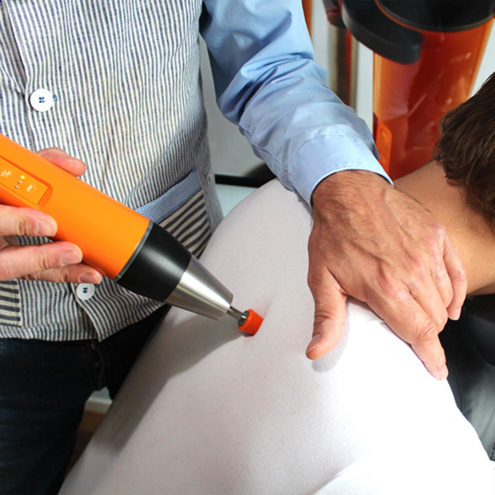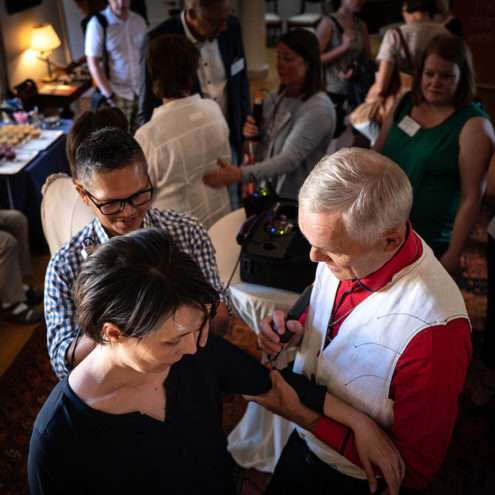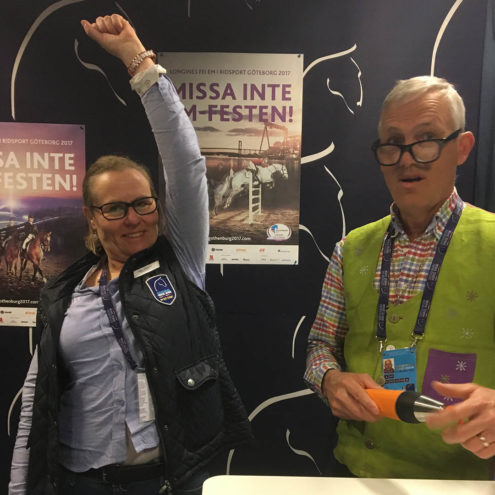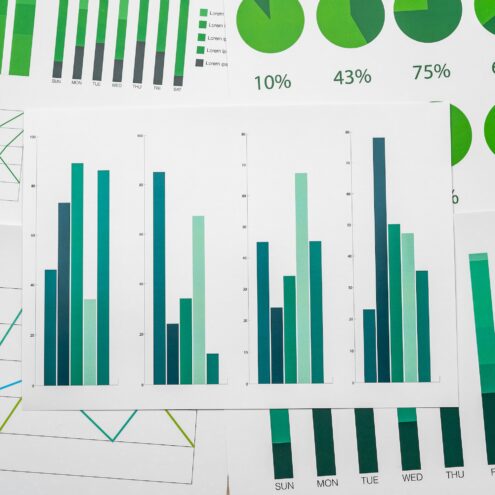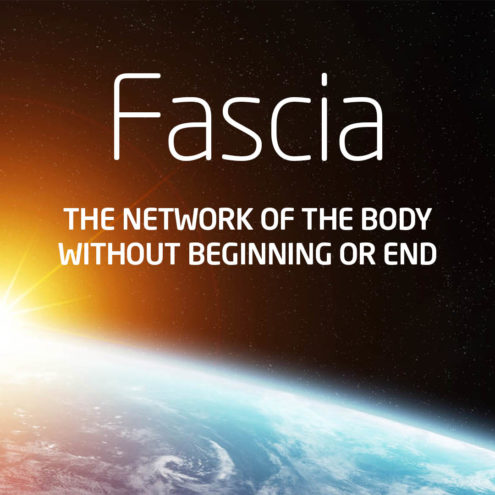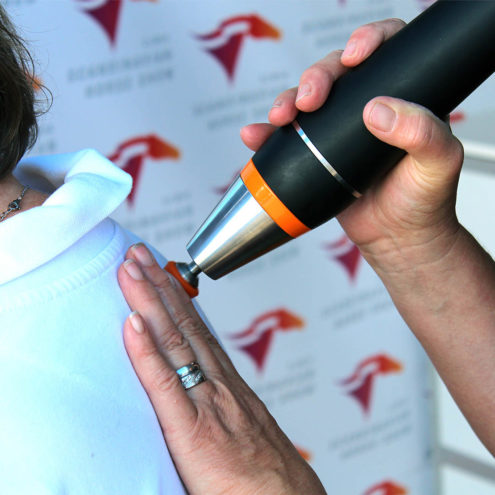Life After Fatigue Syndrome: Recovery and New Balance
Introduction to fatigue syndrome
Fatigue syndrome involves physical and psychological symptoms, caused by prolonged exposure to stress and strain of both physical and mental nature. Some common symptoms of fatigue syndrome include constant tiredness that does not improve with rest, sleep problems, cognitive disorders such as memory and concentration problems, gastrointestinal problems and heart palpitations. This article focuses on recovery and how fascia treatment can be an important part.
What is fascia?
Fascia is a multidimensional network of connective tissue that permeates and envelops all tissues and organs of the body. It plays an important role in movement, circulation, wound healing but also in how we experience pain. When we are stressed or exhausted, the fascia can also be affected. Internal and external stresses can cause the fascia to become denser and more tense. This increases the pressure on our nerves, causing them to send out pain signals.
Fascia therapy can help release tension in the body and increase circulation. In this way, fascial therapy can relieve symptoms such as pain and discomfort. It also relaxes the body and mind.
The long journey to recovery
Physical and psychological challenges
Recovery from fatigue syndrome is often a long and complex process. Physically, it can involve dealing with symptoms such as muscle pain, headaches and stomach problems. Psychologically, it can involve anxiety, depression and feelings of hopelessness.
Body and mind over time
The body and mind go through a process of adaptation, learning to deal with stress in a new way. This can take time and often requires a combination of medical treatment, psychotherapy and lifestyle changes. Fascia therapy works as an excellent complementary therapy as it relaxes the body and mind and reduces pain.
Lifestyle changes and adaptations
New balance in life
Creating a new balance in life is crucial to recovering from fatigue syndrome. This may mean setting boundaries in the workplace or actually changing jobs, prioritizing sleep and taking time to recover.
Diet, exercise, sleep and stress management
Changes in diet and exercise can have a huge impact on how you feel. A balanced diet rich in nutrients and regular exercise can help the body recover faster. Adequate sleep at regular times is also critical, and should be prioritized. Stress management techniques such as mindfulness and meditation can also be very helpful.
Fascia treatment: supporting the recovery process?
The role of fascia in recovery
Fascia is the layer of connective tissue that surrounds muscles and organs in the body. When you are stressed or fatigued, the fascia can become tense and cause symptoms such as pain and discomfort. Fascia treatment can help to release these tensions and can thus relieve pain and discomfort. It also increases circulation in the body so that cells can effectively absorb and release substances.
Patients’ experiences with fascia treatment after fatigue syndrome
Many people report positive experiences of fascia treatment as part of their recovery. This can include reduced pain, improved mobility and a sense of general well-being.
Re-entry into working life and social contexts
Returning to work can be a major challenge. It may require adjustments in work tasks or working hours. Socially, it can also be difficult to resume activities and relationships. It is important to do this gradually and listen to your body and your feelings.
Advice for those supporting someone in recovery
Family, friends and employers have an important role in recovery. They can offer a listening ear, encouragement and support. People around you can also help with practical tasks. This could be things like shopping or childcare.
Book Fascia treatment to support your recovery
Fascial therapy can be a valuable part of your recovery. It can help relieve pain, improve mobility and contribute to a sense of well-being. Many therapists and clinics offer this type of treatment, and it may be worth considering as part of your recovery.
 Search
Search


